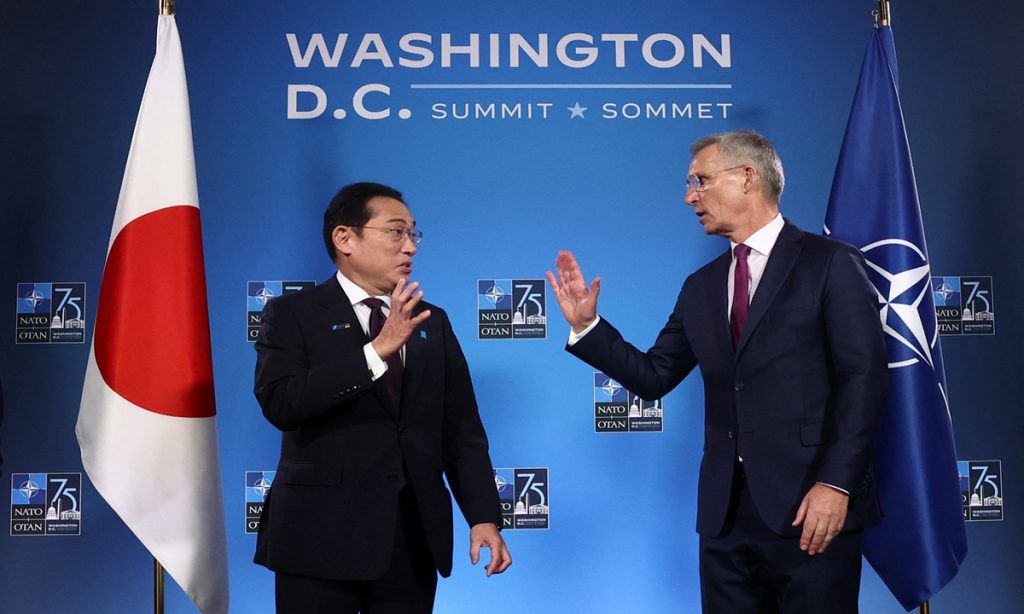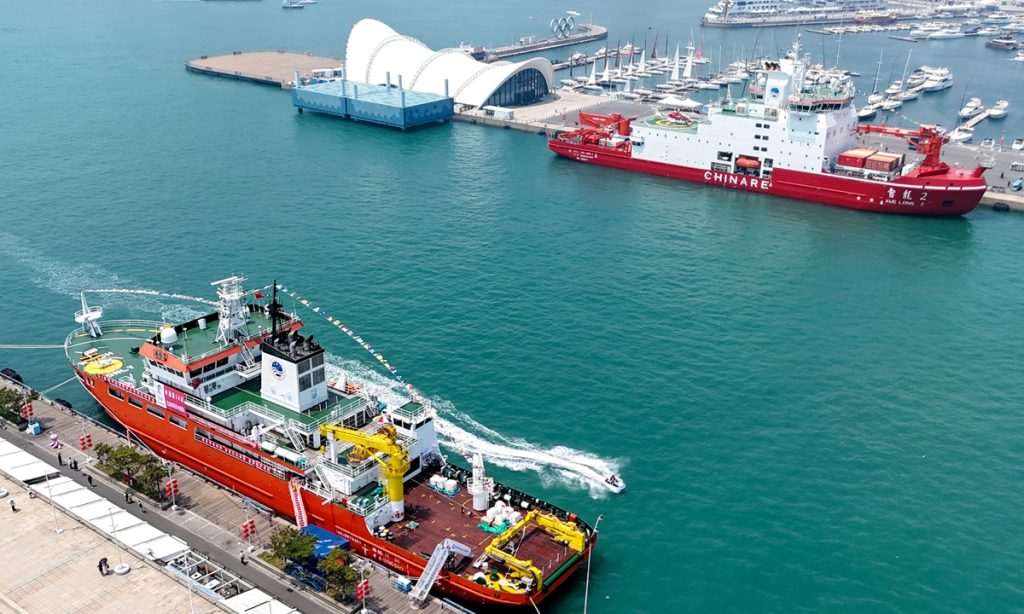China may approve Tesla’s FSD entry this year

US-based electric car (EV) maker Tesla's driving assistance system, Full Self-Driving (FSD), is likely to be approved by Chinese regulators and enter the China market within 2024, said Tesla CEO Elon Musk.
This move indicates China's openness to international enterprises in EV technology research and development, and achieving fair competition and mutual advancement amid mounting pressure from Western countries on China's EV industry, Chinese experts said.
Tesla will soon ask for the regulatory approval for Supervised FSD in China, said Musk during Tesla's earnings call for the second quarter of 2024. He also mentioned the autopilot program will be approved to enter Europe and other markets.
Tesla will reportedly bring its latest version 12 FSD program to China. Following the approval by the Ministry of Industry and Information Technology (MIIT), Tesla's employees can commence internal tests of FSD on public roads before opening the system to users in China, Reuters reported on May 30, citing people familiar with matter.
In June, the Lingang New Area in Shanghai began to promote trials of Tesla's FSD, involving 10 Tesla vehicles, the China Securities Journal reported on Wednesday, as analysts said that it may accelerate the entry of FSD in China.
Tesla now provides two less advanced driving assistance programs -Autopilot, which is free to use, and Enhanced Autopilot, which costs 32,000 yuan ($4,397.30) - in China, the company's official website showed.
The FSD will now be optional for installation when car buyers choose a configuration for their Tesla vehicle, and it will cost 64,000 yuan. However, it can't be used before the official introduction of FSD in China and the approval of relevant regulations.
Tesla's FSD is in a leading position in the global driving assistance sector, which can be widely used by Chinese consumers and enterprises, Zhang Xiang, secretary general of the International Intelligent Vehicle Engineering Association, told the Global Times on Wednesday.
Ten automakers including Mercedes, BMW, BYD and GAC's EV brand Aion have been granted Level 3 autonomous driving testing licenses, according to Chinese media outlet thepaper.cn.
Level 3 autonomous driving technology allows drivers to take their hands off the steering wheel and their eyes off the road, according to national standards, but carmakers should be responsible for any accidents.
On June 4, the MIIT and three other departments released a document allowing nine entities - vehicle production companies and actual user companies - to further refine nation's testing procedure for autonomous driving programs.
Aside from financial implications, the implementation of Tesla's FSD in China will accelerate its own technological upgrade, Wu Shuocheng, a veteran automobile industry analyst, told the Global Times on Wednesday.
"China's super large consumption market and abundant application scenarios will provide Tesla substantial revenue as well as valuable data to upgrade its autonomous driving technologies," Wu noted.
Tesla's financial report for the 2024 second quarter showed that the current installed annual vehicle capacity of the Shanghai Gigafactory surpassed 950,000, ranking first among other plants, which helped the EV maker significantly increase deliveries in several markets supplied by the plant.
Zhang stated that China is the world's largest new-energy vehicle (NEV) market with the most highly integrated NEV industrial chain, both becoming pillars of Tesla's global business.
A government procurement list released by East China's Jiangsu Province recently included the Tesla Model Y for the first time, along with other domestic EV brands, in stark contract with high tariffs levied on Chinese EVs by the EU and the US.








